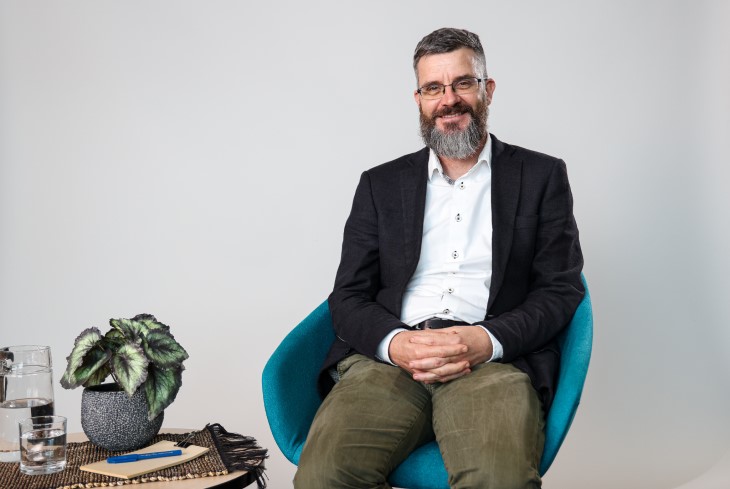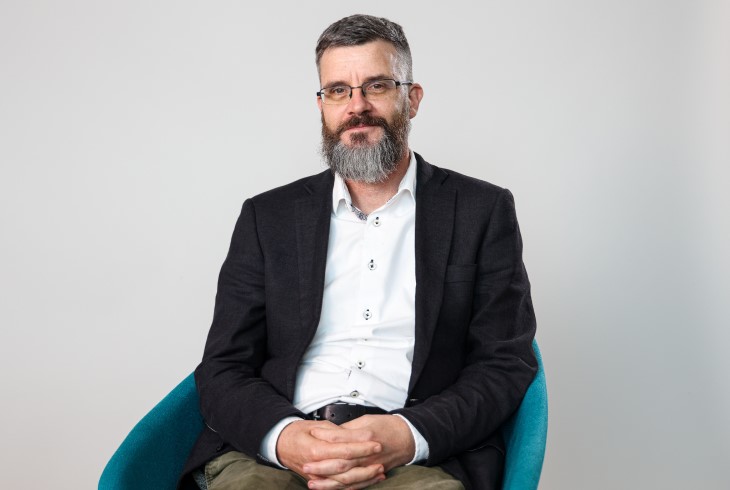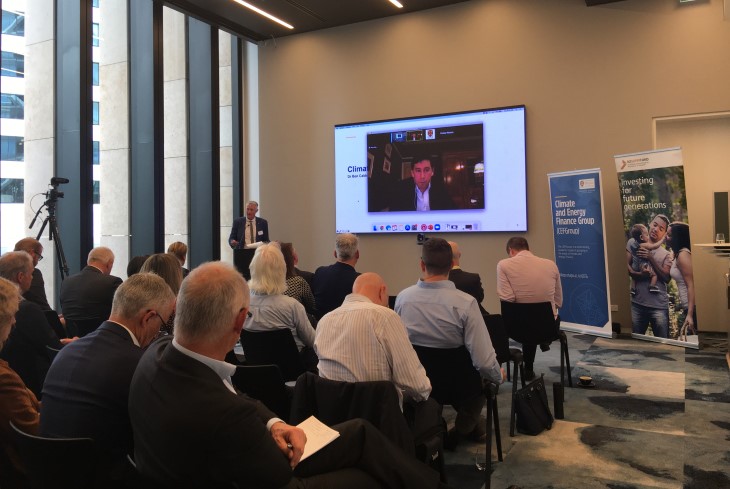GPMRI service rolled out as wait times fall

ACC has rolled out a national MRI referral service across Aotearoa to reduce MRI wait times by almost half which will significantly benefit patients and GPs.
The GPMRI service, co-designed by primary health organisations (PHOs) and ACC, allows GPs who have received MRI training to directly refer patients for a scan if they have knee, lumbar, or upper spine injures.
This innovation has come as a result of feedback from GPs, who said it was taking too long for patients to receive MRIs for some musculoskeletal injuries and they have worked with ACC to develop this solution.
Before the GPMRI training was in place, patients across the country faced an average wait of 23 days, which jumped to approximately 30 days in Auckland.
The roll out follows a pilot with ProCare and Mercy Radiology which begun in Auckland in 2017. The GPMRI service was successfully trialled with several other PHOs between 2018 and 2020, cutting the wait time from referral to MRI to 12.4 days.
Delivering effective care
The streamlined service has since been introduced in PHOs across the country. As of March this year, 6803 referrals have been made since the pilot programme began.
It also gives an opportunity for GPs to open a new pathway in their discipline, with specific training provided to further develop their skills.
“It gives GPs more scope in their practice,” says Dr Stephen Kara, ProCare’s long-term clinical lead for GPMRI.
“It gives GPs more autonomy and allows them to start the process of managing appropriate referrals, with the appropriate imaging having already been completed. So it makes the patient journey to the specialist and subsequent intervention, if required, a lot quicker.
“You’re almost halving the time because you’re also getting far better quality referrals. Specialists can look at the referral and scan and say, ok, this is someone I do need to see.”
Previously, GPs referred a patient to a specialist colleague who would then refer for an MRI. The GP would receive and assess the comprehensive radiology report before deciding on the next steps for the patient.
Patients would typically receive their imaging within five days of referrals. However, they would then need to wait a further 30 days for a follow-up specialist appointment to discuss their treatment plan.
GPMRI simplifies the process, saving weeks of wait time between appointments and allowing patients to receive appropriate investigations and treatment faster.

Improving outcomes for all
Dr John Robson, ACC Chief Clinical Officer & Head of Health Partnerships, says the service shows how groups can effectively work together to improve outcomes for all involved.
“GPMRI is an example of ACC’s continued commitment to collaboration with our health partners to improve the lives of injured New Zealanders,” Dr Robson says.
“Thousands of ACC clients have benefitted from the service already, allowing them to recover faster and get back to independence. We’re also providing opportunities for GPs to enhance and extend their knowledge and their skills.”
As part of ACCs commitment to increasing the opportunities for GPs to gain this skill and improve access for patients, ACC held GPMRI workshops at the General Practice Conference & Medical Exhibition in Rotorua on June 9. More are scheduled for the Christchurch event on August 11.
The service involves hands-on training sessions, collaborative governance, quality assurance mechanisms, and the use of e-referral technology.
Dr Kara says GPs who completed the training provided consistently positive feedback and have increased confidence in their ability to decide whether an MRI is required.
“It’s really important that you give them the clinical skills to then make an appropriate referral, so the scan is going to fit what they think clinically,” he says.
“Musculoskeletal problems are something that presents to GPs on a regular basis, so that concept was well received because it’s something GPs don’t get a lot of training in, but they see frequently.”
GPs who are part of a PHO which holds a contract with ACC can opt-in to provide GPMRI.
As of March, 25 of 30 PHOs now offer this service and ACC is in discussions with those who are not yet part of the programme to bring them on board.




